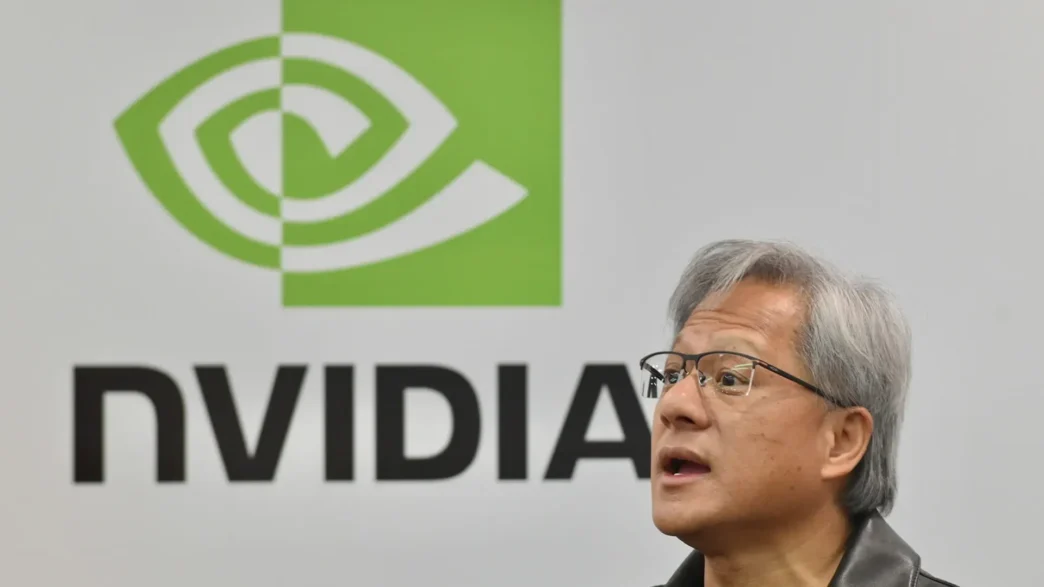In a highly unusual policy move that blends export control with direct fiscal benefit, the US administration has reached an agreement with US semiconductor giants Nvidia Corp. and Advanced Micro Devices Inc. (AMD) to pay the US government 15% of their revenues from artificial intelligence chip sales to China, according to people familiar with the matter.
The arrangement — described by one senior official as “a hybrid of regulation and taxation” — is part of Washington’s latest attempt to curtail the flow of cutting-edge AI technology to Beijing while simultaneously capturing value from the sales that remain permitted under export rules.
A New Twist on Export Controls
Traditionally, US export control measures have focused on outright bans or licensing requirements to limit Chinese access to sensitive technologies. The new levy, however, allows some level of trade while skimming a significant portion of profits for US coffers.
Under the deal, both Nvidia and AMD can continue selling certain downgraded AI chips to Chinese clients — products designed to comply with existing performance limits imposed by the US Commerce Department. The 15% revenue share will apply to all sales of these chips and related AI hardware destined for China.
“This isn’t just about national security anymore,” said a senior US trade official, speaking on condition of anonymity. “It’s about making sure America captures part of the economic value from strategic sectors, even when sales go to geopolitical competitors.”
Industry Backdrop and Market Stakes
The agreement comes amid an intensifying US-China tech rivalry in which Washington has sought to slow China’s AI progress without cutting off American chipmakers entirely from the world’s second-largest economy. China remains a lucrative market for AI-related processors, representing billions of dollars in potential sales for US firms.
For Nvidia, which has dominated the AI chip market thanks to its advanced GPUs, China has accounted for up to 20% of data center revenue in recent years. AMD, though smaller in the AI hardware sector, has also been aggressively courting Chinese buyers for its accelerated computing products.
While neither company has publicly confirmed the levy arrangement, analysts believe it may offer a politically viable compromise. “The US government has long been stuck between blocking sales for security reasons and protecting corporate profits,” said Julia Tan, a semiconductor industry analyst at TechFront Research. “This 15% rule essentially turns those sales into a kind of tariff that benefits Washington while still allowing limited market access.”
Investor Reaction and Strategic Implications
Markets reacted cautiously. Nvidia’s shares dipped slightly in premarket trading as investors assessed the potential revenue hit. While the companies retain access to Chinese clients, the levy represents a direct margin reduction, potentially shaving hundreds of millions off annual profits if Chinese demand remains strong.
Some analysts argue the policy could set a precedent for other strategic industries. “This is an extraordinary departure from how the US has traditionally handled high-tech exports,” said Robert Kessler, a former US trade negotiator. “If it works here, you might see similar revenue-sharing measures applied to aerospace, biotech, or quantum computing sales to countries of concern.”
Chinese Response Likely to Be Swift
China’s Ministry of Commerce is expected to issue a statement condemning the levy, framing it as an unfair trade practice. Beijing may also explore countermeasures, such as imposing its own surcharges on US tech companies operating in China or accelerating investment in domestic AI chip design to reduce reliance on foreign suppliers.
A Policy with Global Ripple Effects
The Nvidia–AMD levy agreement could reverberate far beyond the US and China. Other nations aligned with Washington may face pressure to adopt similar measures, while rival chipmaking countries — such as South Korea and Taiwan — will be watching closely to see if the US moves to extend this policy to their companies as well.
Ultimately, the move reflects the evolving nature of economic statecraft in an era where technology, trade, and national security are increasingly intertwined. In this new reality, AI chips aren’t just a product — they’re a geopolitical bargaining chip.
















